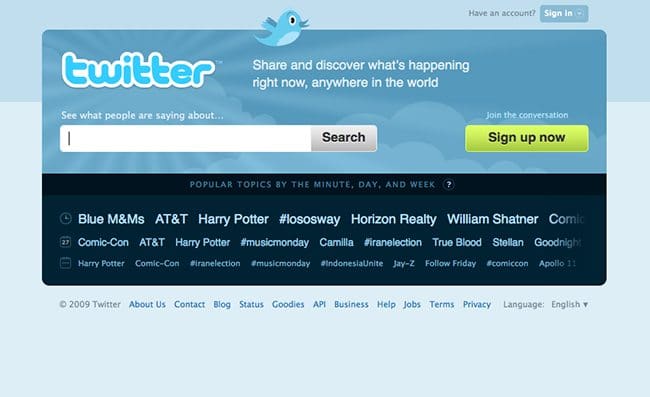Social media has many benefits, especially for small businesses. It can allow them to increase their reach in a fairly short amount of time, and at a fraction of the cost of advertising. It can also help a business to express a less corporate ‘face’ and to build a strong brand identity.
However, alongside this potential, there are of course pitfalls; often occurring when members of your team voice their opinions on sites such as Facebook and Twitter. Disclaimers such as ‘views are my own’ – frequently used in people’s Twitter bylines – may appear to protect their employer, however their opinions may be viewed negatively by customers or potential clients, and these associations can have long term repercussions.
To many, social media posts sent during an employee’s working hours – and through their working networks – will be seen as authorised or approved by the employer, even if that is not actually the case. This can represent a risk to businesses, as the principles of vicarious liability – in which an employer can be found liable for the acts or omissions of its employees – can be applied to posts online.
Social media (mis)use can also affect an employee’s career, as well as a company’s corporate reputation.
Paris Brown, the UK’s first Youth Police and Crime Commissioner, was hired aged just 17 to provide a link between the police and young people.
Within days of her appointment, offensive tweets she had posted previously – some of which had racist and homophobic undertones – were uncovered by the media, leading to her swift resignation from the post. Her employer was widely – and rightly – lambasted for not conducting cursory research on Miss Brown’s social media activity before offering her the high-profile role.
As a prospective employer, there is nothing to stop you using a search engine to assess a candidate’s credentials and digital footprint.
In fact, it’s difficult to complain when an employee does something online that could bring your business into disrepute, if you have neglected to do your homework.
When clients ask us for advice in this area, we suggest that employers conduct a social media ‘audit’ on every potential candidate to protect themselves.
And if you thought it was only personal accounts that can get people into hot water, think again. Oddbins – a high street alcohol trader – suspended a manager of a local branch, after its Crouch End branch Twitter feed came up with an unusual way to market itself following the death of Margaret Thatcher: offering money off champagne.
The now-deleted tweet said that the store was offering money off Taittinger branded champagne, in case ‘anyone feels like celebrating’.
Your opinions of this unorthodox marketing method will no doubt vary, but the fact is this tweet resulted in disciplinary action against the author, and once again underlines the care people should take; whether acting as themselves or representing their company directly.
So what should employers do?
Firstly, to protect your business you should introduce effective policies and procedures that set out acceptable (and unacceptable) social media practices, and to manage any potential issues in a clear and consistent way.
A social media policy is crucial for most firms. Policies should give clear examples of unacceptable practices, such as not using Facebook and Twitter during work hours, posting anything that may cause reputational damage to yours and your clients’ businesses, disclosure of confidential information and harassment of colleagues.
Companies should also routinely evaluate every new candidate’s social media posts as a part of the recruitment process. Prevention is always the best cure, and if you spot posts that you believe could potentially jeopardise the reputation of your firm, this process could be priceless.
Meanwhile, employees should always consider the implications for the company, but also for themselves, when posting anything on social media. Comments about another person or business could be considered as libelous and legal action could be taken.
We should all express caution regarding our posts on social media. We may believe that an angry tweet is less likely to be considered defamatory than a published article, but in legal terms this is not the case. For that reason we should be wary every time we publish material in the public domain, no matter how trivial it may seem.


